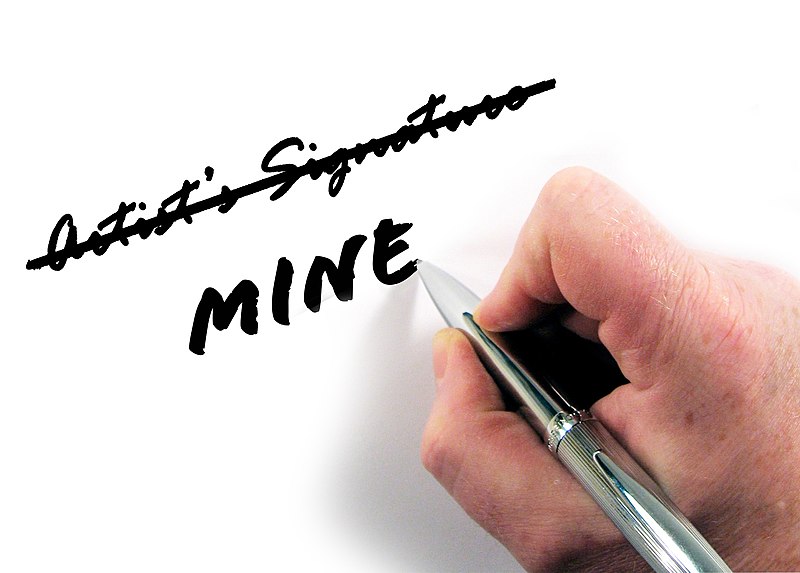Using Outside Information Ethically

Plagiarism is defined as the practice of taking someone else’s work and passing it off as one’s own original work. However, plagiarism can take several forms that speakers should avoid.
The first and most severe form of plagiarism is the practice of blatantly copying someone else’s original work. While this practice appears relatively commonplace in writing, blatant copying with respect to a speech actually presents more work, rather than reducing it. It becomes significantly easier to learn what to say in one’s own speech by crafting it all along than trying to memorize someone else’s “lines,” similar to the way an actor memorizes a script. Additionally, memorization presents problems with delivering a speech conversationally, which will get discussed later in Chapter 8.
The second, and somewhat less severe, form comes in the practice of piecing together others’ works from multiple sources, without any sort of effort to synthesize these works into an original presentation. This copy-and-paste approach creates the same difficulty in delivery as mentioned above.
The third, and possibly most common, form takes someone else’s work and lazily paraphrases it just enough to avoid direct or blatant copying of another’s work. For example, if a source changes the following statement: “Plagiarism is one of the greatest transgressions in all of academia and should warrant a public flogging,” to, “Plagiarism is one of the gravest sins in education and deserves a public beating,” then the speaker really has not created original work, but instead, has used a thesaurus to help steal another’s ideas. While the speaker did not steal the words themselves, the original ideas certainly were stolen. Whenever the original source does not receive credit, plagiarism has occurred.

